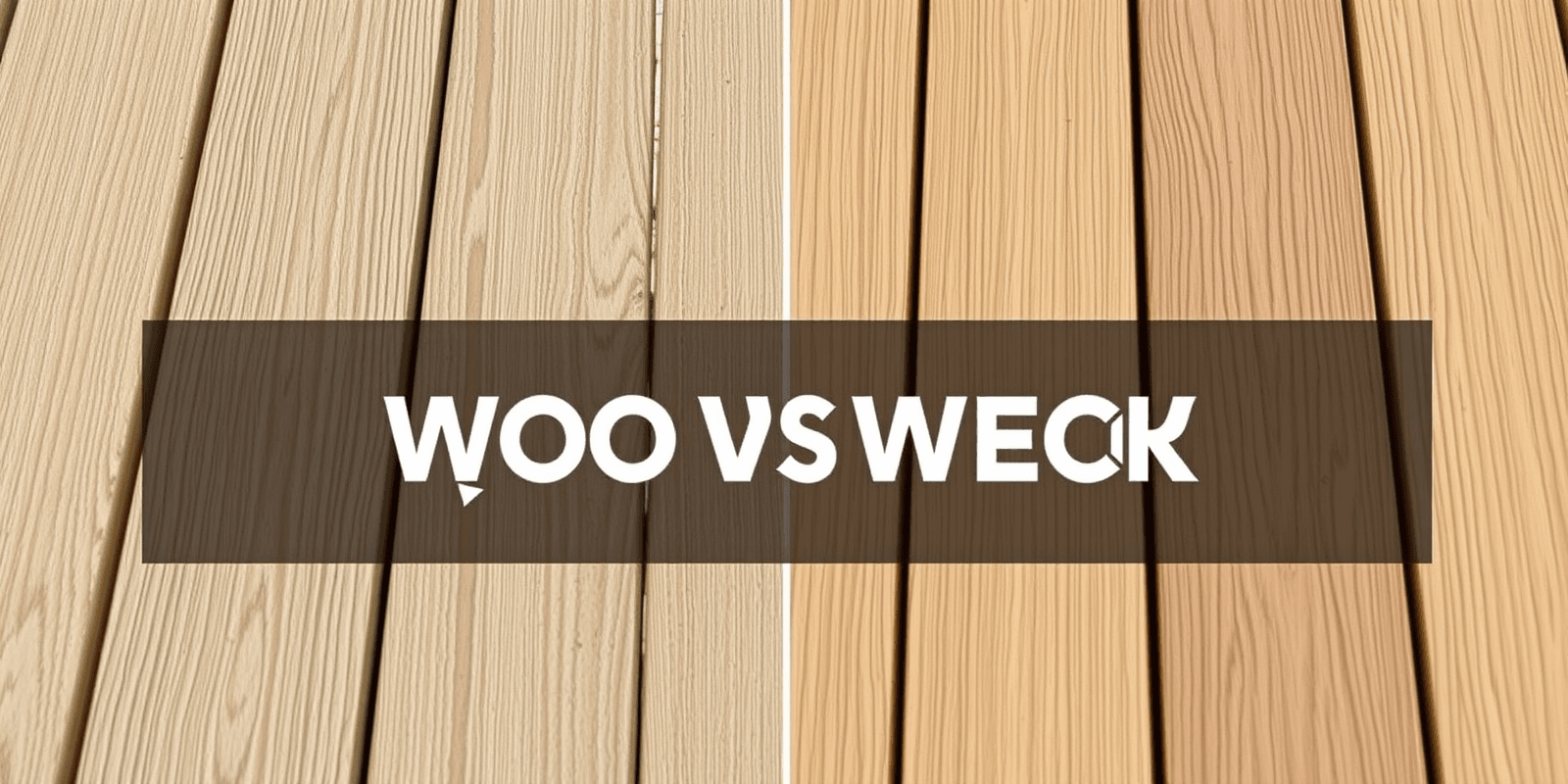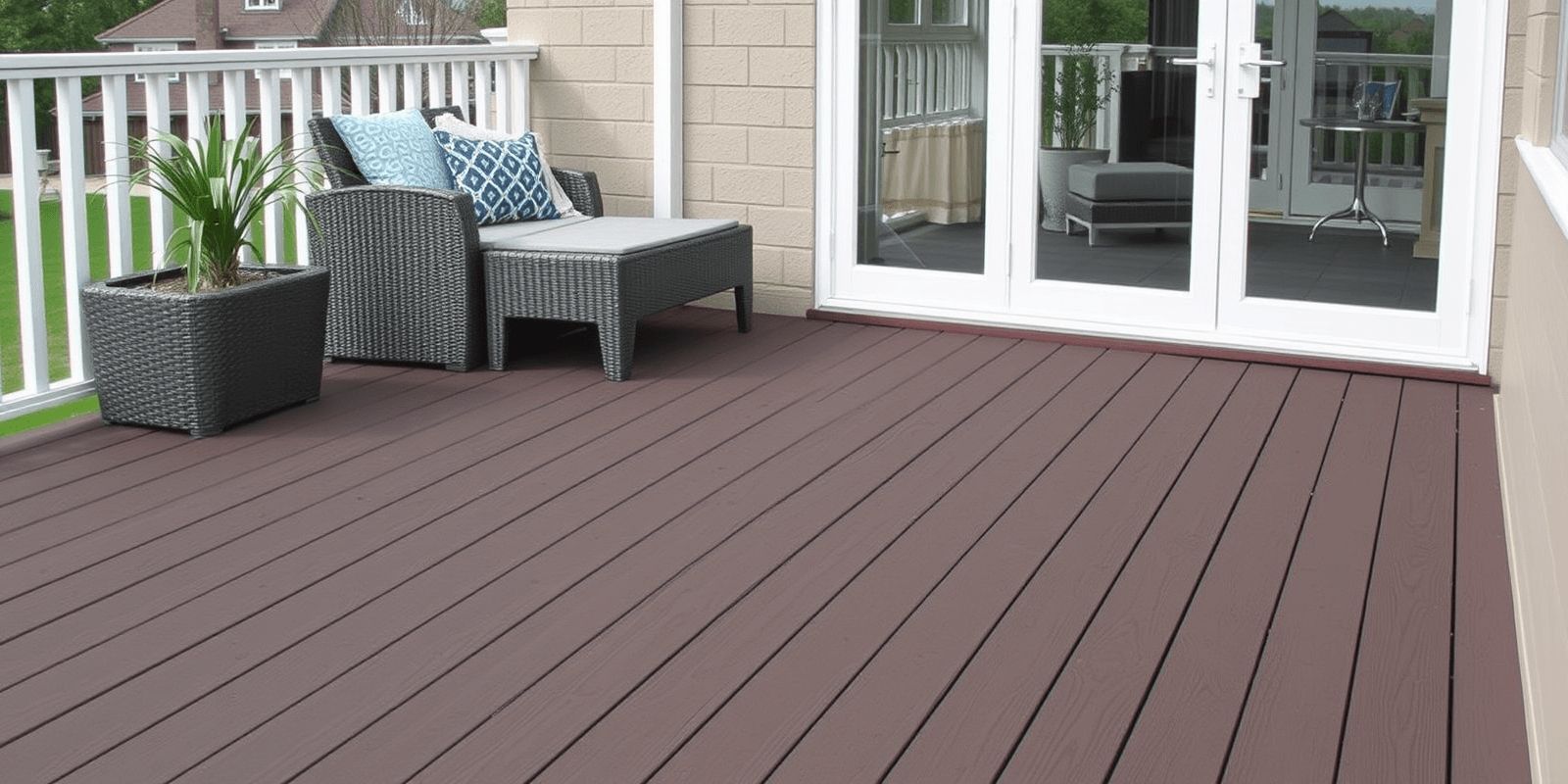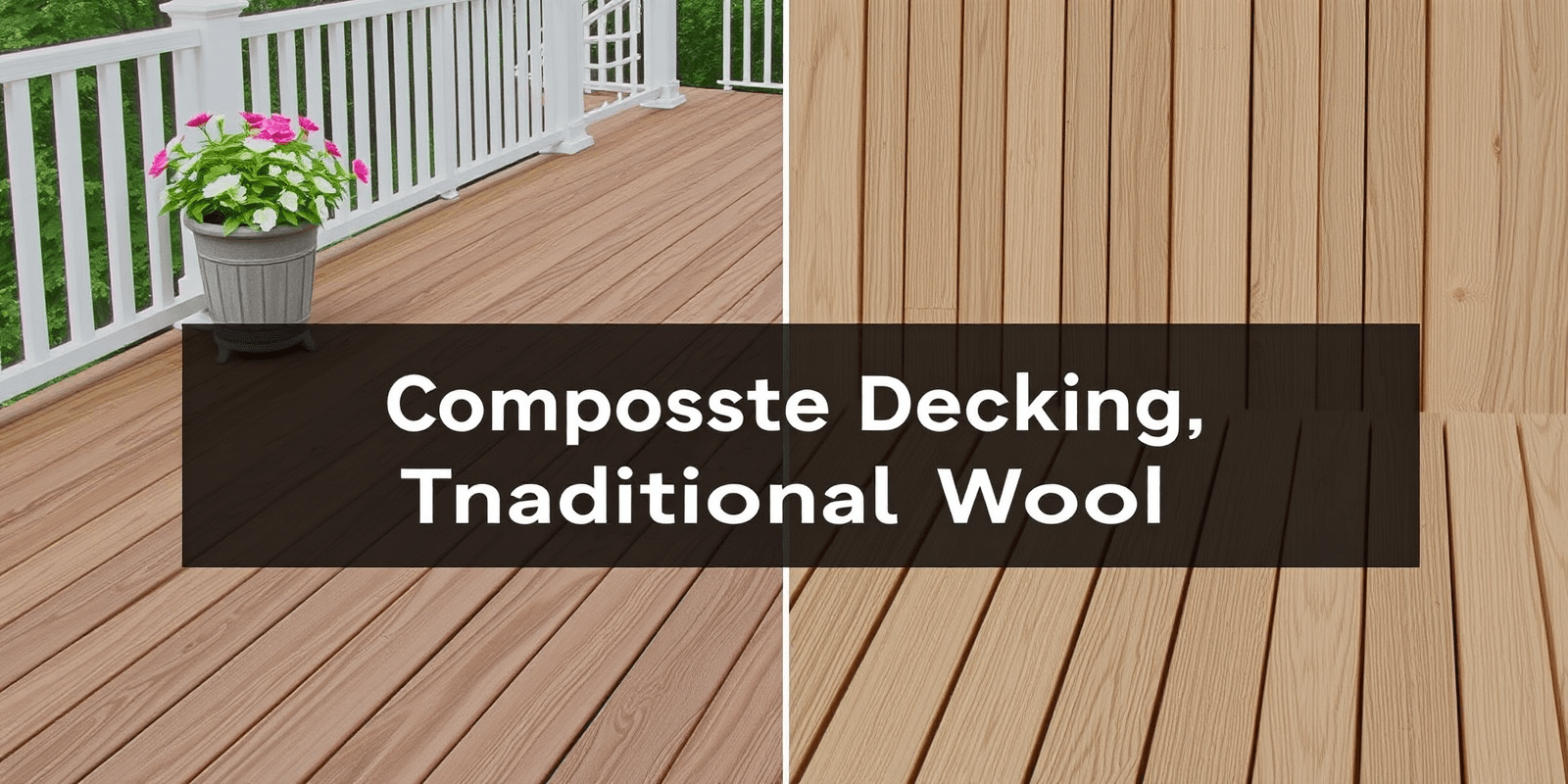“`html
Choosing Between Wood Plastic Composite and Traditional Wood for Decking
Introduction
Building a deck is an excellent way to enhance your home’s outdoor living space. When it comes to choosing the right material for your deck, two popular options are wood plastic composite (WPC) lumber and traditional wood. Both materials have their unique advantages and disadvantages, making the decision process crucial. This guide aims to help homeowners make an informed choice by comparing WPC lumber vs wood decking based on key considerations such as aesthetics, cost-effectiveness, ease of maintenance, and eco-friendliness.
Aesthetics: Natural Beauty vs Modern Appeal
The aesthetic appeal of a deck can significantly impact your home’s curb appeal. Traditional wood, such as cedar or redwood, offers a natural beauty that complements any landscape. The warm tones and grain patterns of these woods add a touch of elegance and warmth to your outdoor space. On the other hand, WPC lumber provides a more modern look with consistent color and texture. It is available in various colors and finishes, allowing you to customize your deck to match your preferences.
Cost-Effectiveness: Initial Investment and Long-Term Savings
When considering the cost-effectiveness of WPC lumber vs wood decking, it’s essential to evaluate both the initial investment and long-term savings. Traditional wood can be less expensive upfront, but it requires regular maintenance, including staining and sealing, which can add to the overall cost over time. In contrast, WPC lumber is typically more expensive initially but requires minimal maintenance, potentially saving you money in the long run. However, the actual cost will depend on factors such as the type of wood, the quality of the WPC product, and the size of your deck.
Maintenance: Low Effort vs High Maintenance
Maintenance is a critical factor when deciding between WPC lumber and traditional wood. Traditional wood decks require periodic staining or sealing to protect against moisture, UV rays, and insects. Failure to maintain the wood can lead to warping, rotting, and insect infestation. WPC lumber, on the other hand, is highly resistant to moisture, UV rays, and insects, requiring minimal upkeep. Regular cleaning with soap and water is usually sufficient to keep your WPC deck looking great.
Eco-Friendliness: Sustainable Choices
Both WPC lumber and traditional wood have environmental implications, and choosing the right material depends on your sustainability goals. Traditional wood from responsibly managed forests can be a sustainable option, but it may not always be possible to source it locally. WPC lumber is often made from recycled plastic and wood fibers, reducing waste and promoting recycling. However, the production process of WPC products consumes energy and generates carbon emissions, so it’s important to consider the entire lifecycle of the material.
Choosing the Right Material Based on Climate, Budget, and Personal Preferences
When selecting between WPC lumber and traditional wood, consider the local climate, your budget, and your personal preferences. In regions with high humidity or frequent rain, WPC lumber may be a better choice due to its resistance to moisture. If you’re working with a tight budget, traditional wood might be more cost-effective initially. For those who prioritize low-maintenance and a modern look, WPC lumber could be the ideal option. Ultimately, weigh all these factors to make the best decision for your deck building project.
“`



